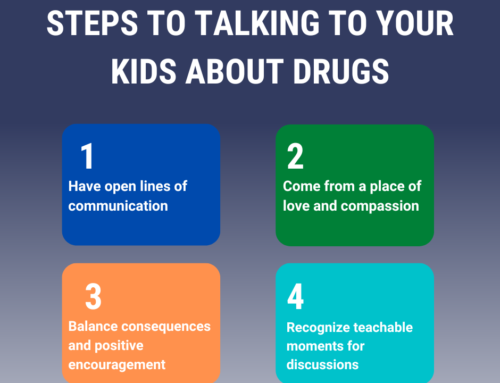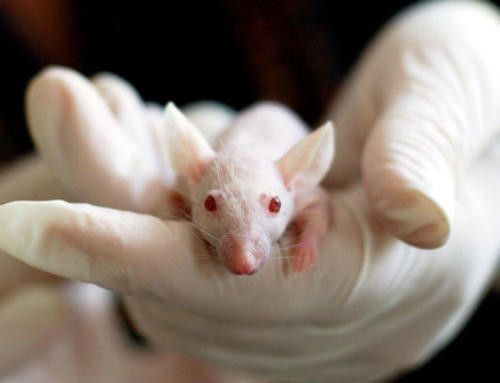Heroin is one of the most dangerous street drugs available today. It’s known for being a one hit hook, as in one hit is all it takes to get you addicted to the substance. Until the recent opioid crisis fueled by fentanyl, heroin led in the number of deaths due to overdose by a large margin. Many people use for the first time under the mistaken impression that they can use the drug recreationally, only to find that after that first use, they struggle to keep a grip on the course of their life.
Part of what makes heroin so addictive is how fast the effect happens. Whether a person smokes, ingested or snorts the drug, it hits their bloodstream and absorbs into their body shockingly fast, and it creates an intense rush of pleasure that normally happens instantly or within the first few minutes after use. This is normally strongest the first time a person uses, and they normally find themselves continually using to try and recreate that first hit. This simply adds fuel to the fire, because a person continually uses more or uses more frequently in their chase.
Heroin also has a pronounced effect on the brain. The drug affects the receptors on the brain that control the pleasure a body feels by rushing it with a sensation of euphoria. Over repeated uses, even just a handful of times, these cells in the brain become worn out from working overtime, leaving the person using often feeling extremely low and uncomfortable. In an effort to get rid of that negative sensation and make themselves feel better, the person with the heroin addiction takes more of the drug, which makes the problem worse and worse as time goes on.
The reputation that heroin has for getting people hooked with just one use may not apply to everyone, but the fact remains that within just a couple of uses, a person can be physically addicted to the point that they feel that they need heroin to feel good, period. A person can find themselves heading down the path to serious side effects and consequences medically, legally and financially before they even realize they’re addicted.
At The Springboard Center, we know that you and your family need a treatment provider you can trust. Incorporating the best of practices we have created a meaningful program to restore health and dignity with quality care and counseling. Call us today for information on how we are serving the Permian Basin: (432) 620-0255




